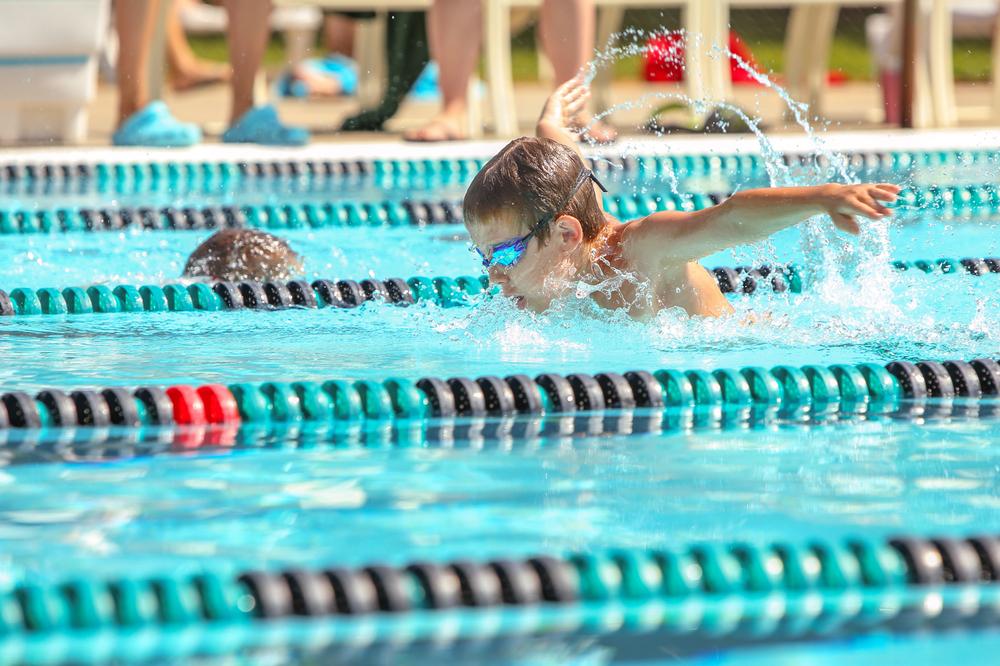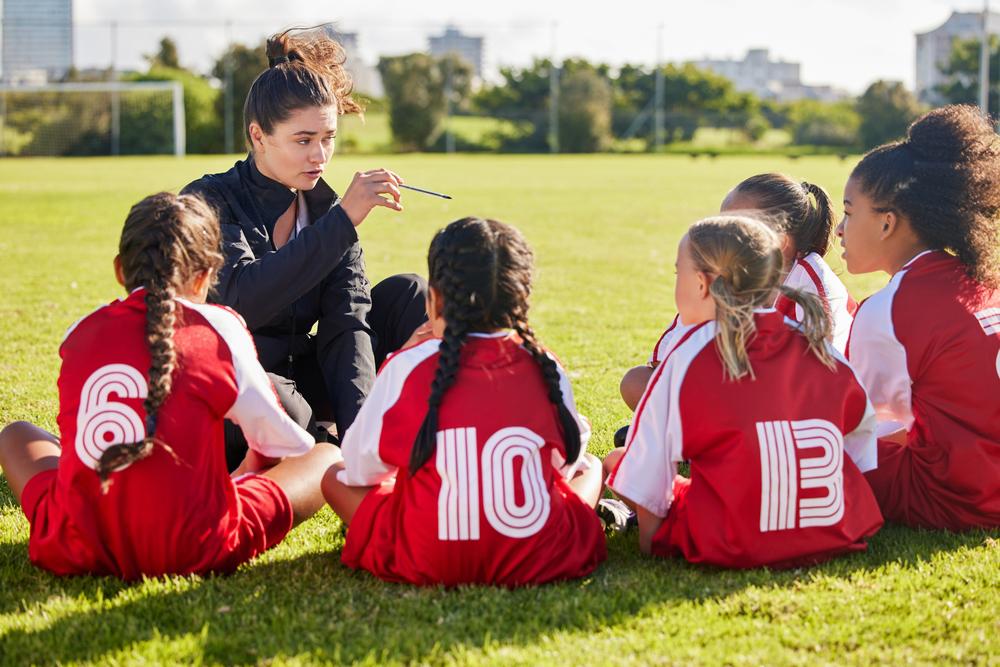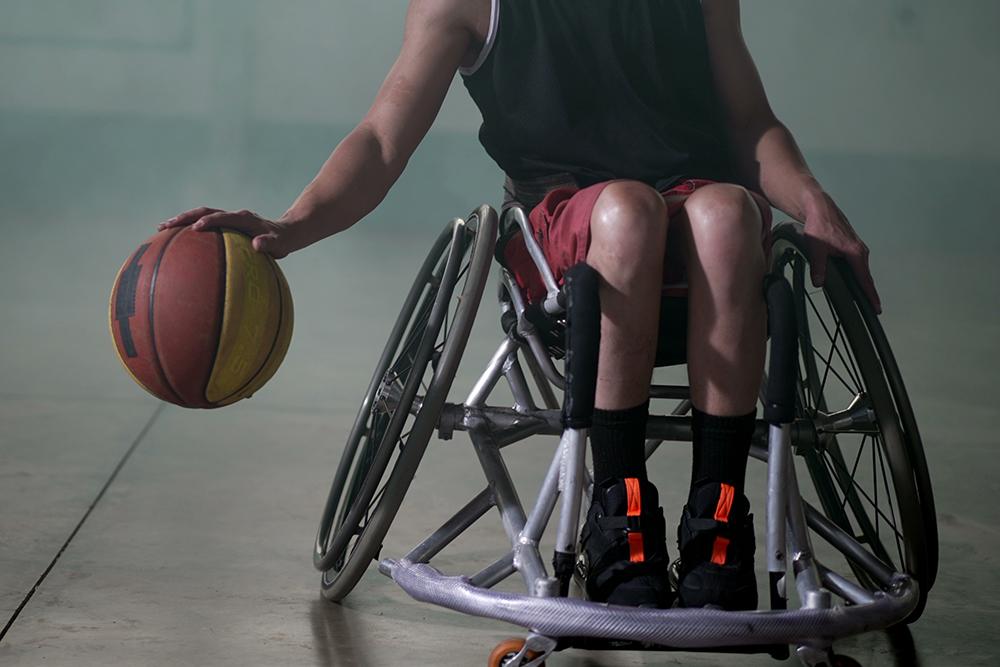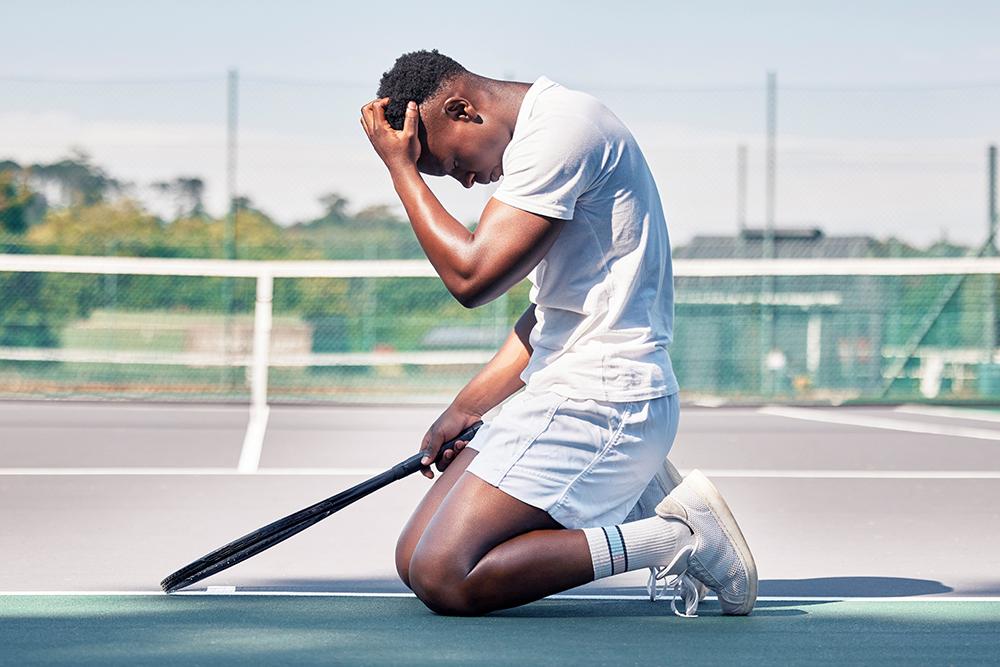 A modern concern of parents and teachers is that kids are becoming less and less capable of thinking and acting for themselves.
A modern concern of parents and teachers is that kids are becoming less and less capable of thinking and acting for themselves.
Here are five ways youth sports remain one of the best ways to foster confidence and independence in children and young adults.
1. Promotes Social Independence
The unique shared experiences and common goals that sports offer encourage kids to communicate with each other openly. Sport can create bonds and friendships between young athletes in ways that school and other activities can’t. Youth sports often allow kids to interact and develop social skills in an environment that is less ‘supervised’ and structured than school.
2. Realizes Responsibility
As athletes mature and age, especially in individual sports, most start to understand that achieving their goals is largely up to them. Coaches, trainers, and teammates can help support young athletes, but ultimately it’s the athlete’s decision to get up early for a morning workout, eat in a way that helps them achieve their goals, and practice just as hard as they compete.
Once an athlete discovers this sense of self-responsibility through sport, they’ll realize it applies outside of it, too. For example, they’ll learn that not doing well in school isn’t the teacher’s fault, and that it’s up to them to put the time and effort in to improve their grades.
3. Strengthens Self-Reliance
With no one else to lean on or point fingers at, youth athletes in individual sports learn quickly that the result of their meet or matches relies firmly on their own performance. After pre-game instruction and advice from coaches, athletes have to figure out how to apply that advice, instilling a strong sense of accountability.
Similarly, those in team sports will learn when to be a team player and when to take the lead. And for athletes with disabilities, practicing independence and self-reliance through sport may further empower them in their everyday lives.
4. Increases Confidence
Athletics give young people a sense of identity and belonging.
Joining a sport that’s different from what their friends are doing also builds greater self-awareness, confidence in their own abilities, and prepares them for life after high school where the ability to be willing to go their own way, regardless of what others are doing, is incredibly important.
5. Teaches About Tomorrow
Even if it’s a parent who drives an athlete to practice, and a coach who decides who plays where, sports is an environment that largely allows and encourages kids to make their own decisions, which is a rarity in childhood.
This can lead to moments of frustration, especially after a youth athlete makes a mistake or a poor decision during a game.
However, these moments are great opportunities for athletes to learn that there will always be another opportunity to do better, and there’s value of having the opportunity to make a decision by themselves in the first place.



